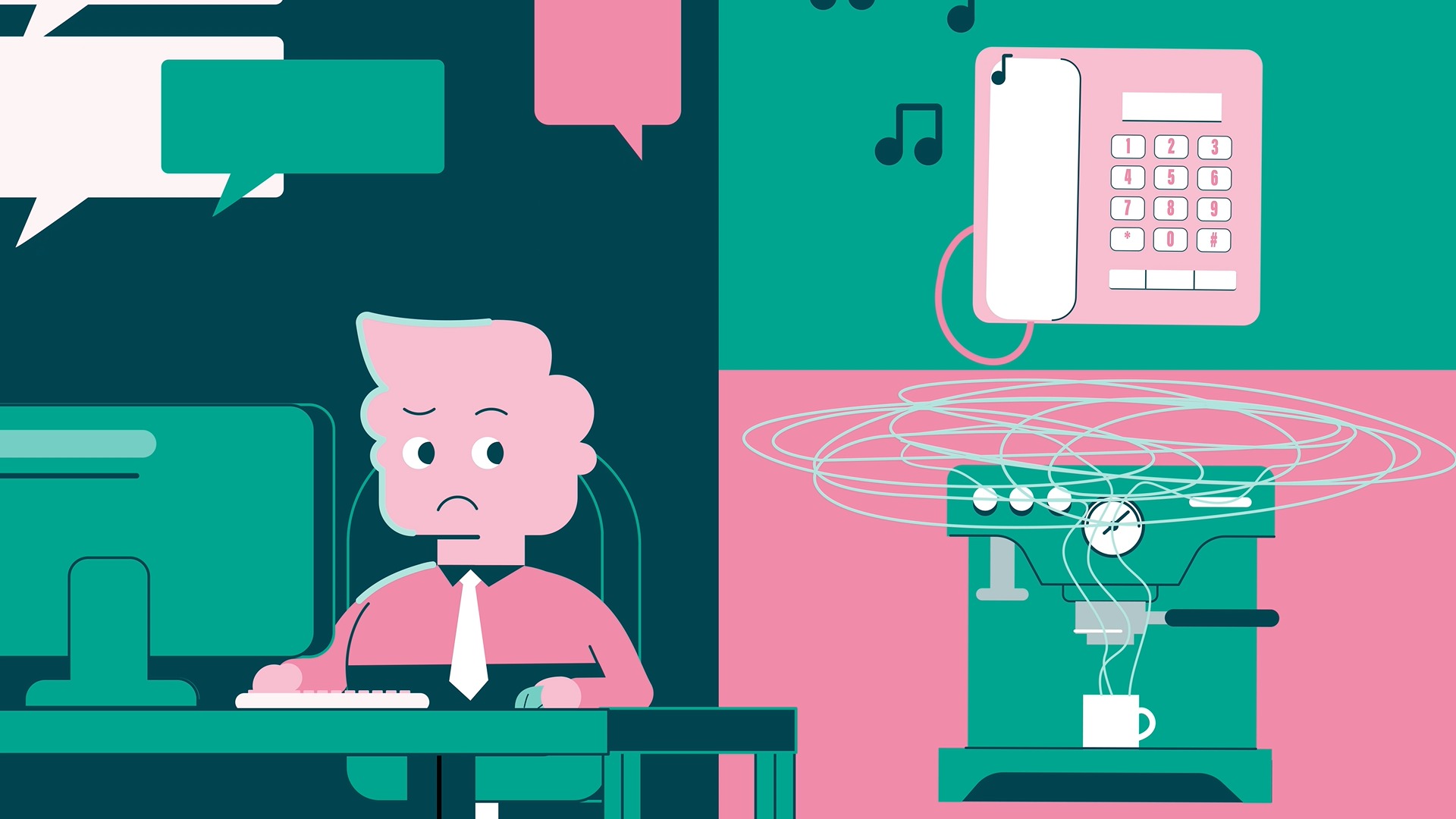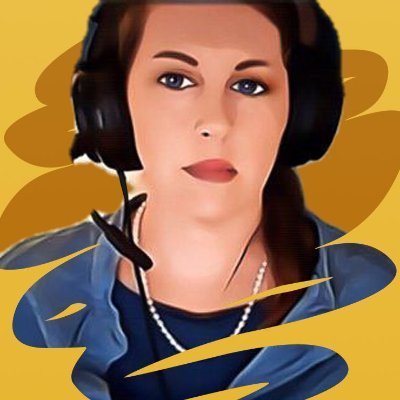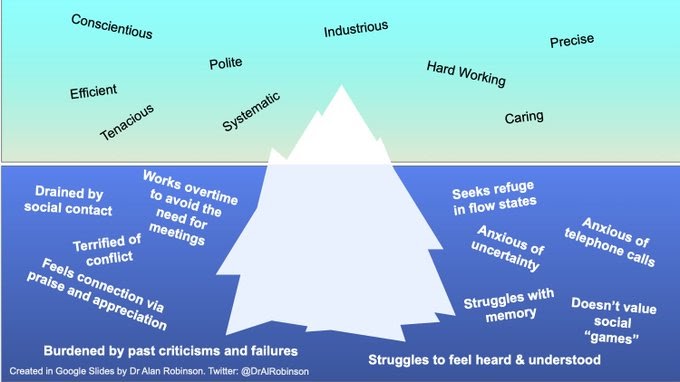The Importance of World Autism Awareness Month to the Video Games Industry
By The Editor on 29/04/2021
As we continue to equip ourselves in the games industry with more knowledge and resources to be as accessible and inclusive as possible, there is no doubt amazing celebrations and cultural moments will become known to us all across the sector, to celebrate or at the very least be aware of as members of our teams may celebrate them. One such cultural moment that has been happening throughout April is World Autism Awareness Month.
Kicking off the first week of April since 2008, this annual activity is often celebrated via 3 different approaches:
- World Autism Awareness Day (WAAD) on April 2.
- World Autism Awareness Week (WAAW) that occurs the week containing April 2.
- World Autism Awareness Month (WAAM) for the whole month of April.
Throughout the day/week/month, organisations and individuals alike focus on sharing stories and providing opportunities to increase understanding and acceptance of people with autism, fostering worldwide support. Since we wanted to reflect on the whole month as a time to celebrate autism awareness and acceptance, we thought it appropriate to dedicate this article as a WAAM piece.
Accounts, Experiences and Stories
To amplify the meaning behind WAAM, we were fortunate enough to speak to a few Autistica Play Ambassadors, individuals in and around the games industry who assist the charity Autistica (Whom happens to be a pledge supporter too) through volunteer activities, and ask them questions about their accounts, experiences and stories around WAAM:
Hannah Cass:

Who you are and what does WAAM mean to you?
My name is Hannah and WAAM means raising the profile of autistic voices in giving real, lived experiences of living with neurodiversity on a day to day basis.
What is WAAM’s significance to you?
I think it's a good way of drawing attention to neurodiverse life that isn’t a media or Hollywood portrayal of stereotypes and stigmas. It is a great way to celebrate each other, and do some myth-busting at the same time.
How do you normally celebrate it?
As an Autsitca Play ambassador I usually fundraise around this time of year as well as doing engagement on social media or speaking at events.
Particular memories or any specific plans for WAAM this year?
Thanks to other chronic conditions, I’ve was pretty incapacitated for the whole lead up so I hadn’t anything specific planned. However I did take part in an event by Out Making Games on April 16th called Lunch and Learn - Autism and games. It was a lot of fun and a great opportunity for me to engage with the wider video games industry to speak about autism and video games.
Any interesting facts you'd like to share with those who may not be familiar with autistic individuals?
Autism presents very differently in women. In retrospect, I was displaying behaviours since the age of 2 or 3 but I wasn’t diagnosed until I was 30. It's becoming more common to understand that women present differently, but the assessment methods rarely reflect that.
Also I like to highlight not all autistic individuals are good at maths. I am dreadful with numbers for the most part but so many people seem to think I would be a whizz with numbers as it's what they have seen in films or on TV in autistic characters and assume it's the same for everyone, when actually autism is very individualised and not one size fits all.
Suggestions / considerations for others (Individuals and/or companies) to take in mind when hiring/working with an autistic individual?
- Social events can be absolute torture. I remember almost getting a disciplinary at a job because I didn’t want to go out with other members of staff at the end of the week/month. It just didn’t interest me...I was there to work and I didn’t relate to anyone. My employer took this as me being a ‘poor team player’. Unfortunately this was pre-diagnosis and it was very difficult to put my point across without sounding like I really was a poor team player!
- I think the ability to work from home is also really important, especially post Covid. After leaving teaching, I didn't work for years because I couldn’t manage interpersonal relationships with other people plus being a mum plus running a home etc etc. I was exhausted before I had even got to 9am. I am working for the first time in many years in a great admin job where I don’t need to worry about face to face meetings or social rules in a workplace. Everything is done via apps, emails and messages. It doesn’t suit all autistic people, but for me as someone who has real interpersonal challenges, this is perfect for me.

- Autism is very individualised and will always present itself differently from person to person. There are common traits yet it is vital that managers and employees don't assume and create stigmas, rather talk and get to know their autistic colleagues as individuals; which can be applied to all walks of life to go beyond labels and see the multiple layers that make us up as people.
Why should the games industry do more for autistic individuals & WAAM?
From my experience, I have met more autistic people through gaming than anywhere else in my life. We are drawn to the social aspect - it's non threatening. We can share interests with a basis that is finite and that we would understand in the same way as a neurotypical person. I personally love collecting and playing Pokemon games because the mechanics are the same, the rules are the same and I get to collect things and complete lists. I love games like that.
I feel that the games industry would also benefit enormously from the skillset that autistic people can offer. We can often see patterns that other people can't. We can make links quickly and see the logic in different situations. Contrary to popular belief, some autistics have the most wonderful imaginations and ability to create worlds and stories.
We are good employees...we can fixate on a job that needs doing. We are dedicated. We need help around some aspects - for myself that would be prioritising and keeping track of things. I have used things like Kanban boards and post it notes...simple things that when implemented allow me to access employment. I know my husband has seen the way I work and then used some of the ideas himself as a neurotypical male.
We have so much we can all learn from each other when we embrace individuality. Autistic people can bring a lot to the gaming industry so gaming companies being involved in WAAM can only help to further engage the positive conversations around how we can bring ND and NT minds together with a mutual understanding in a supportive environment. Plus its gaming...its neutral ground...it's fun and it's accessible to everyone. That's a great place to start!
Helen Carmichael:

Who you are and what does WAAM mean to you?
My name is Helen Carmichael and I’m a writer and game designer. I am joint owner of Grey Alien Games, an indie micro studio based in Dorset, UK. I have worked on five video game titles for PC/Mac. My early career also included science writing and editing, and I tend to do a lot of work with text within and about games. I’m also autistic and am an Autistica Play ambassador.
WAAM is an opportunity to talk about autism and share our experiences as autistic individuals. I think we should aim to go beyond ‘awareness’ since most people are aware that autism exists. It would be nice to move towards acceptance, engagement, inclusion and curiosity.
Particular memories or any specific plans for WAAM this year?
I usually make an effort to amplify interesting content for people who want to learn more or engage with autistic people. Twitter has been particularly active this month with autistic content, and so I’ve had plenty of things to share. Here’s one example, about one autistic person’s experience of work using an Iceberg diagram:

Any interesting facts you'd like to share with those who may not be familiar with autistic individuals?
I’ll try to keep these work-related!
- At work, carrying out the job, however complex or challenging, is seldom the problem. Things that may present a challenge if you are autistic are the working environment, social interactions, and issues like executive dysfunction (struggles with planning, organization and time management).
- Autistic people communicate differently. The details of this will depend on each autistic individual, but some things that can cause miscommunication at work include a need for very specific and unambiguous instructions, a tendency to take things literally, and a need for more time to process and respond to interactions. To give few further examples from my own experience around communication:
- A short list of written action points will likely be easier to carry out than instructions embedded in a half-hour chat with a manager.
- Taking things literally at work can cause embarrassment, like the time my boss said something a bit rude about a colleague being slow to deliver, and asking me to pass it on by email. He assumed that I would rephrase what he said so he would sound good. But I typed exactly what he said, with various interesting consequences...This was early in my career and of course I learned what was expected and adjusted. This is one example of how I had to ‘learn’ social protocols consciously, which many autistic people will find relatable.
- I find it very helpful to have work tasks typed out in detail, and I get help with prioritising them. Organising and prioritising tasks is something I struggle with, even though I am able to carry out quite complex and intellectual tasks!
- Much has been said elsewhere about lighting, open plan offices, noise, etc. Bear in mind that each autistic individual will have different sensory over- and under-sensitivities. Whatever these may be, it’s worth addressing them to make the workplace comfortable and usable. This should be part of office ergonomics/comfort for all employees, not just autistic ones!
Suggestions / considerations for others (Individuals and/or companies) to take in mind when hiring/working with an autistic individual?
- Interviews can be particularly difficult for many autistic people. Think about it - we have a social and communication ‘disorder.’ (Or a more accepting way to put this, communication differences. Interestingly, we find interactions with other neurodivergent people a lot easier.) How would you interview a candidate who was brilliant on paper, but did not speak great English? Perhaps an interview with an autistic candidate could have some similarities: allow more time to answer, accept slip ups and take time to clarify, give questions in writing in advance as well as verbally, ask direct questions that are unlikely to be misconstrued. Give extra weighting to the candidate’s proven skills and non-interview tests or portfolio.
- Hiring isn’t just about what the employer wants, it’s a chance for candidates to decide if they would like to work for that employer. Are you an attractive employer for autistic and other neurodivergent talents? Think about offering flexible working, openness to various modes of communication and working arrangements. Ask candidates what they need to feel comfortable and included, to do their best work and shine.
Why should the games industry do more for autistic individuals & WAAM?
Anecdotally, people with autistic traits are present in reasonable numbers in the games industry. But according to recent data in the UK from the Office of National Statistics (ONS), just 21.7% of autistic adults are in any kind of employment, and just 16% are in full time work. Autistic people are more likely to be underpaid, underemployed, and poorly supported, with many autistic people feeling unable to disclose that they are autistic.
This is a waste of talent.
The games industry is growing, and needs all kinds of people, both creative and technical. In addition, some of the audience is also autistic - games can be a great way for autistic people to connect, have fun and make friends. Most employers are increasingly aware of the need to be inclusive, and the benefits that can bring. Stay open-minded about hiring autistic people, and if you want to know more, just ask us!
Conclusion
#RaiseTheGame hopes to do more pieces like this as it not only vital for a growing community within the games industry to have their voice heard and representation seen, yet it overall helps in making the games industry a more welcoming place thanks to the lived experiences of those in industry and the considerations suggested to make positive impact.
We welcome everyone reading this piece to learn more about autism and/or share their lived experiences if they are an autistic individual. To aid in this below we have listed some great resources, including many from Autistica, that we found extremely useful and gave us a great starting point:
Though there is much more that can be done for autism and neurodiversity overall, we hope this article has shed some light on WAAM and some considerations you can reflect on to support autistic individuals in and outside of the games industry.